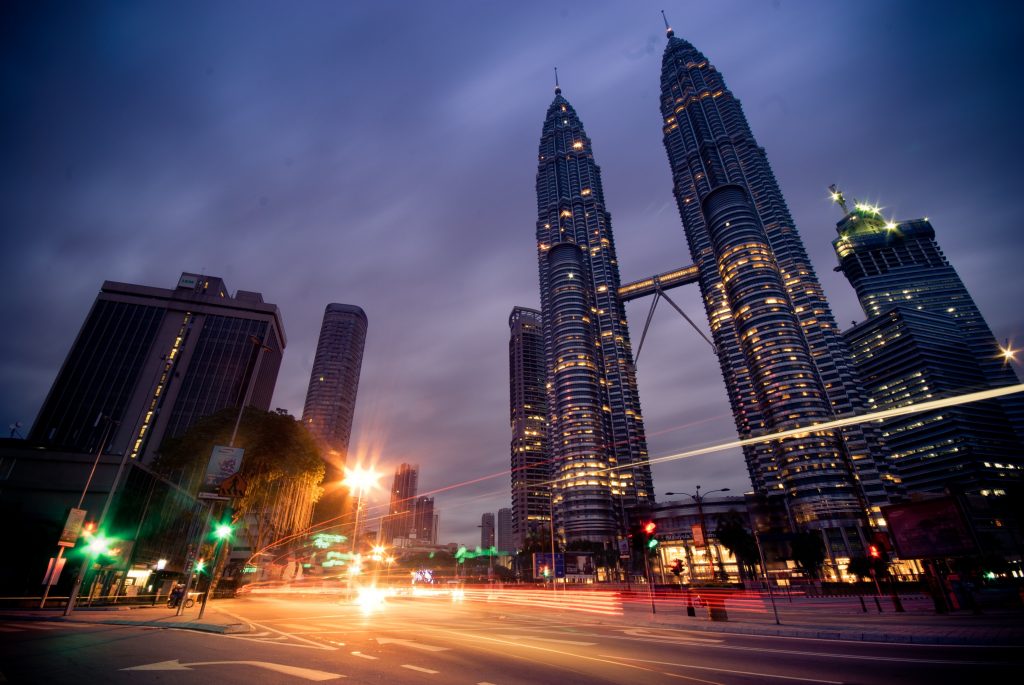By Nazry Bahrawi
Download Insight 49 Bahrawi HERE
Last week, an insidious two-year rumor was finally quashed in Malaysia with the acquittal of Anwar Ibrahim on a charge of sodomy. It was the opposition leader’s second trial on such charges in 14 years. In the latest case, Anwar was charged in 2008 after a male former aide lodged a police report. That was just months after the former deputy prime minister led the opposition to a stunning electoral victory. Unsurprisingly, Anwar’s supporters cried foul. Anwar was first tried for sodomy in 1998, and convicted two years later. Sentenced to nine years in prison, he was released after four years when charges were overturned. His supporters saw that incident as politically motivated, orchestrated by his former boss Mahathir Mohamad, then Malaysia’s prime minister, after the two fell out. With Malaysia probably due to hold a general election this year, analysts are hailing Anwar’s latest acquittal as a boost for the opposition. And while it has significant political ramifications, the acquittal also carries the promise of a more inclusive society. The question now should be: Will Malaysia’s embattled but reform-minded prime minister, Najib Razak, push to repeal the nation’s archaic sodomy laws, under which a convicted person faces caning and up to 20 years in jail. Certainly, there are signs that society is already opening up. For example, last Tuesday, the Seksualiti Merdeka (sexuality independence) movement filed a judicial review against a ban on its annual sexual rights festival, saying it was absolutely unconstitutional, illegal, and undemocratic. This follows last year’s successful transsexual film Dalam Botol (In a Bottle). Najib has endorsed a series of reforms aimed at increasing civil liberties. Last September, he announced the end of the Internal Security Act (ISA), an oppressive law allowing detention without trial. And the Anwar verdict will certainly be seen by some as a boost to his reformist image. However, others see Najib’s reforms as purely cosmetic. With the ISA, for instance, detractors fear that replacement laws, due to come into effect in March, will simply mean there are two repressive laws, instead of one. Thus, if Anwar’s acquittal is not to backfire, Najib would be wise to capitalize on public goodwill by repealing the sodomy laws. Not only would this position him better at home, it would also enhance Malaysia’s status as a progressive Muslim-majority nation, in stark contrast to most, more conservative, Middle East nations where homosexuality is still outlawed. That, in turn, could lead to more foreign investment, significantly boosting Najib’s re-election chances. This commentary was originally published in the 16 January 2012 edition of the South China Morning Post.
Nazry Bahrawi, a Research Associate at MEI, is a cultural critic whose commentaries have appeared in the Guardian,Khaleej Times, and Today, among other newspapers. At MEI, he is exploring Islamic theological links between the Nusantara and the Middle East. Mr. Nazry has an M.S. in comparative and general literature from the University of Edinburgh. His doctoral research at the University of Warwick investigates secularism and utopian desire in the fiction of Graham Greene and Naguib Mahfouz.





